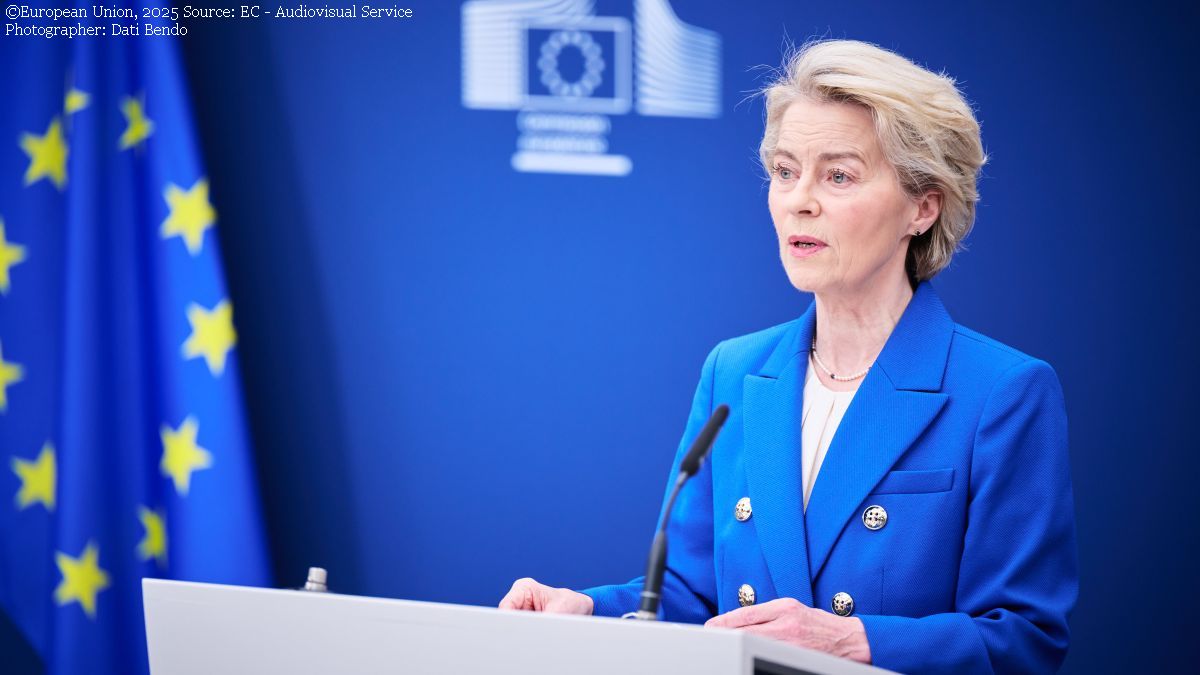Record-low turnout in the referendum to redefine family
Around 21% of voters in Romania cast their ballots in a referendum to redefine family, which was well below the 30% needed for the ballot to be valid

Ştefan Stoica, 08.10.2018, 12:05
Eligible voters in Romania had two days to say whether they want the Constitution to be revised so as to redefine family as the marriage between a man and a woman, rather than between spouses as it is currently stated. The overwhelming majority of those who cast their ballots was in favour of the revision, but turnout was much below the required 30%. Politicians have provided various explanations for this record-low turnout.
Codrin Stefanescu, the deputy secretary general of the Social Democratic Party, the senior partner in the ruling coalition which they form together with the Alliance of Liberals and Democrats: “More debates, more campaigning were probably needed. In any case, we must take into account the large number of Romanians who showed up, because four million is quite a number.
Ludovic Orban, the leader of the National Liberal Party, the biggest party in opposition, believes the failure of the referendum should be blamed on those in power: “The National Liberal Party has been warning political leaders in Romania for months not to confiscate this topic, not to politicise the referendum and to try instead to take a step back. The referendum was very badly organised, there was no information campaign from the government, as if this government wanted citizens to have as little interest as possible in the referendum.
Even though they come from opposing camps, the Social Democratic Party and the National Liberal Party, Romanias biggest parties, were both in favour of the bill to revise the Constitution based on a collaboration protocol signed with the Coalition for Family, an alliance of mainly Christian organisations that gathered 3 million signatures in favour of its civic initiative. This is the reason why the failure to impose the so-called traditional family by referendum has been described as a failure of traditional parties themselves. The Save Romania Union, on the other hand, a relatively new party with a dominantly civic agenda, was opposed to the referendum, and are now jubilant.
The president of the Save Romania Union Dan Barna said he was happy to see that Romanians proved to be a tolerant, European nation. Dan Barna: “Romania after the referendum is the same Romania from before the referendum. Its in fact the Romania of the 21st century, with all its citizens, some more traditional, others more modern, some more involved, some more informed, its all of us. The result confirms that despite the attempts of the ruling coalition to govern through fears and lies, Romania is a European nation.
The Coalition for Family has also criticised the government, albeit for what they say is the superficial and unprofessional way in which the referendum was organised. The Coalition has denounced the widespread boycott of the referendum from the parties that voted in favour on the constitutional revision bill in Parliament. They say this boycott is directed first and foremost against the countrys Christians.
For MozaiQ, an association fighting for the rights of sexual minorities, the fact that Romanians refused to vote in favour of a constitutional redefinition of family as being founded on the marriage between a man and a woman is a victory for democracy. The Romanian people rejected hatred and division in society and did not legitimate through their turnout a political act meant to stigmatise and discriminate against the LGBT community, the association writes in a press release.
They are convinced that conservative forces in Romania received a categorical NO from the citizens, which restores hope that future Romania is one of diversity, respect for all minorities and equal opportunities for all. Pundits have begun to discuss who stands to lose from this failed referendum. They are the Social Democratic Party and the National Liberal Party, in the area of politics, alongside the organisations that have fought for the petition that triggered this whole process and which openly oppose gender ideology, as well as their main supporter, the Orthodox Church, which is the majority church in Romania, whose clergy have urged people to vote in order to defend the traditional family. (Translated by C. Mateescu)






























